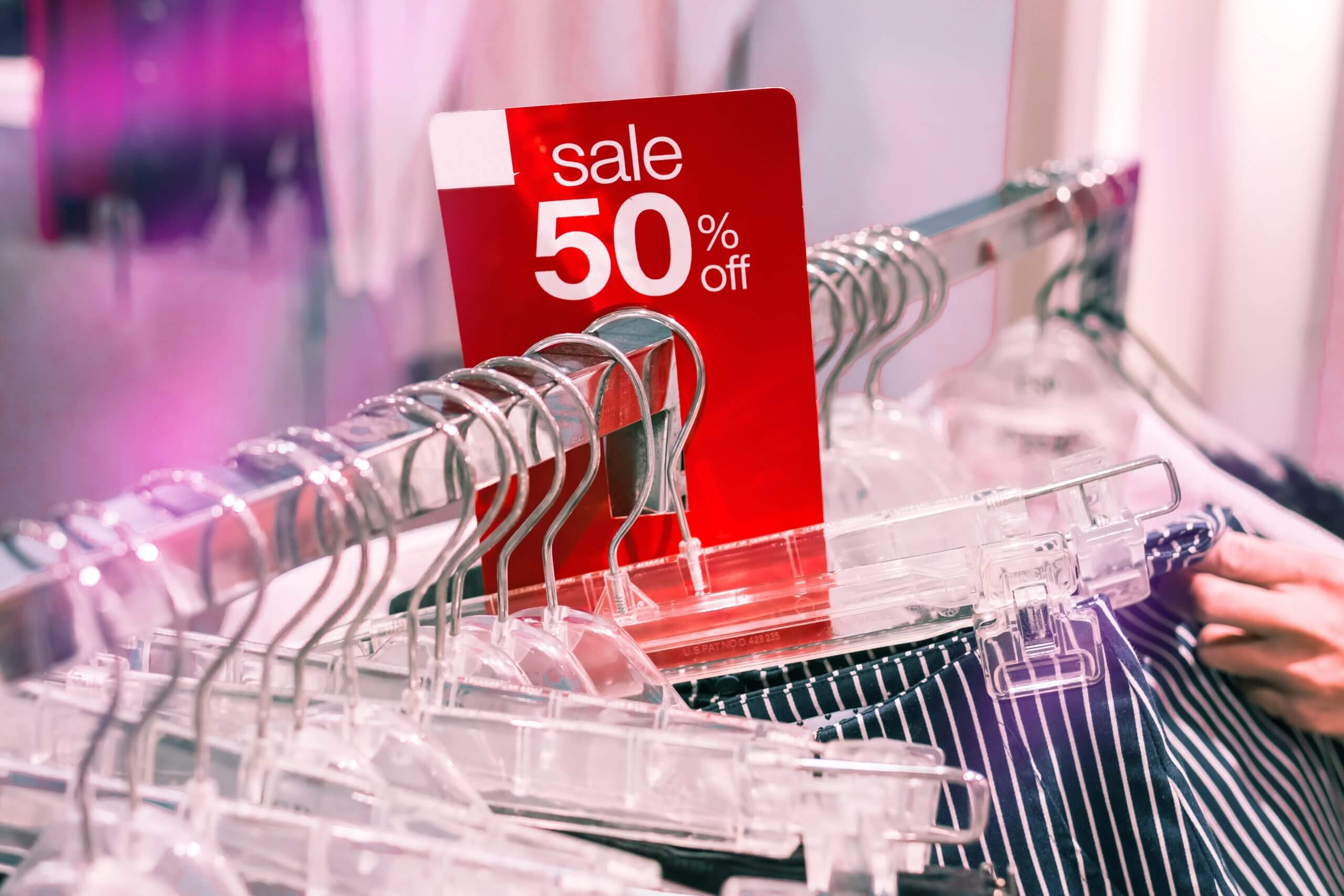
Katrina Gaffney, External Affairs Officer, Money and Mental Health
Buy now, pay later: how can retailers make it safer?
10 March 2020
“If you don’t have the money to buy it now, then you probably can’t afford it.” That’s the mantra my financially savvy mum drilled into my head from a young age – and, up until this point, I’ve found it easy advice to follow. But, in the past year, I have been more and more tempted by the allure of buy now, pay later credit. It’s a temptation which follows me around the internet, from Instagram ads to ASOS – I can’t seem to escape the invitation to buy something and cough up the cash over a period of 90 days.
Money and Mental Health have been talking about the problems with point of sale credit for some time. But it’s only recently that buy now, pay later credit has become an almost inescapable element of the online environment, thanks to the increasing availability of this credit among retailers. The risks associated with this type of credit have not gone unnoticed – there has been increasing political and media focus on the potential financial harm which it can lead to.
For those of us experiencing mental health problems, buy now pay later can present a particular set of challenges. Our own research has shown that people with mental health problems are more likely to take out point of sale credit, and more likely to end up in debt as a result.
How can I refuse?
The option to take out buy now, pay later credit is integrated into the shopping baskets of many online retailers, and it is possible for people to take out hundreds of pounds worth of credit in a single transaction. The ease at which this kind of credit can be accessed raises problems for those of us with mental health problems. Our research has highlighted that people experiencing poor mental health can often struggle with impulse control. This can mean people are more susceptible to behaviours like increased spending, and more at risk of financial harm. The ease at which we can take out credit online can encourage us to make purchases we might not be able to afford – and missed payments can lead to further financial problems.
Details, details, details
While it’s relatively easy to take out this kind of credit, understanding the implications of missing a payment can be a lot trickier. Such information is often buried deep in terms and conditions, and can easily be missed. Common symptoms of mental health problems, including difficulty processing and remembering complex information, can make it even more difficult for people to understand what will happen if they don’t make their repayments. The advertising for buy now, pay later companies works hard to make us feel like this is an inconsequential form of credit but missed payments lead to charges, and can even end in the involvement of bailiffs.
A safer online shopping environment
For some people buy now, pay later works – it gives them the chance to make a purchase in advance, or spread the cost of more expensive items- but for others it can lead to serious financial harm. First and foremost, retailers need to make information about the consequences of missed payments clearer – rather than burying it in small print. This will help consumers better understand the implications of taking out this kind of credit and allow them to make informed decisions.
Going beyond the provision of information, we think that retailers should give people the choice to opt-out of buy now, pay later credit. This would give people more control over their online shopping environment, help them avoid taking out credit they can’t afford to repay, and ultimately help minimise the risk of running into financial difficulty.
